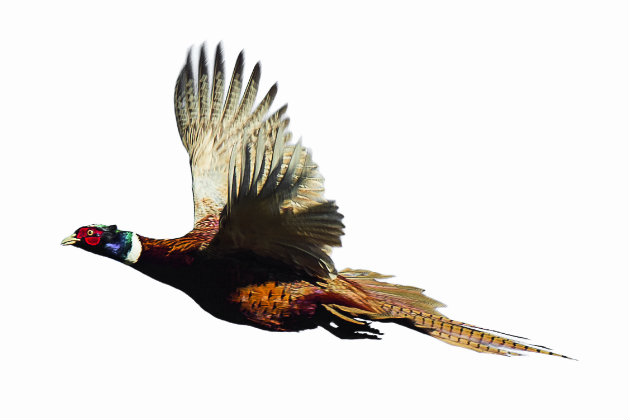Bird flu discovered in pheasant flock in Lancashire
Defra has confirmed H5N8 avian flu in a flock of farmed breeding pheasants at a premises near Preston, Lancashire. A 3km Protection Zone and a 10km Surveillance Zone have been put in place around the infected premises to limit the risk of the disease spreading.

A number of the flock have died and the remaining live birds at the infected premises are being humanely culled. A full investigation is under way to determine the source of the infection. Public Health England advises that the risk to public health from the avian flu virus is very low and the Food Standards Agency is clear that bird flu does not pose a food safety risk for UK consumers. Click here to read the Defra statement.
A Defra map marking the zones can be viewed here.
A spokesman for the National Gamekeepers’ Organisation said: “Defra is conducting an investigation to determine the source of infection. While we await its findings, the NGO would like to remind its members and all those involved with game to read the advice that specifically relates to gamebirds, which was issued on the NGO website earlier this month. It is essential that all the required biosecurity measures to help protect your housed gamebirds from bird flu are in place. Please also keep checking the NGO website and social media for updates.”
Essential information
- Shooting is not restricted where the 3km Protection and 10km Surveillance Zones – and the single restriction zone in West Wales – are in force
- The movement of shot gamebirds is permissible both within and from these zones.
- The NGO would urge shooting interests in the immediate vicinity of the epicentre of the bird flu outbreaks to give due consideration to their plans at this time.
- Members of the NGO and others in the shooting community with captive birds should following the biosecurity requirements in force in the GB-wide Prevention Zone
- Captive birds should be kept separate from wild birds
- The Prevention Zone was extended on 4 January 2017 and now runs until 28 February 2017 to help protect poultry and captive birds from avian flu.
- The NGO continues to ask its members to be vigilant and to report any dead wild waterfowl (swans, geese or ducks) or gulls or five or more dead wild birds of other species, when encountered in the same location in unusual circumstances, to the Defra helpline on 03459 33 55 77.
- Details of how to spot the symptoms of bird flu can be found here
Latest bird flu warnings from National Gamekeepers’ Organisation
A spokesman for the National Gamekeepers’ Organisation (NGO) advises: “This advice is hugely important and is essential reading for everyone…









